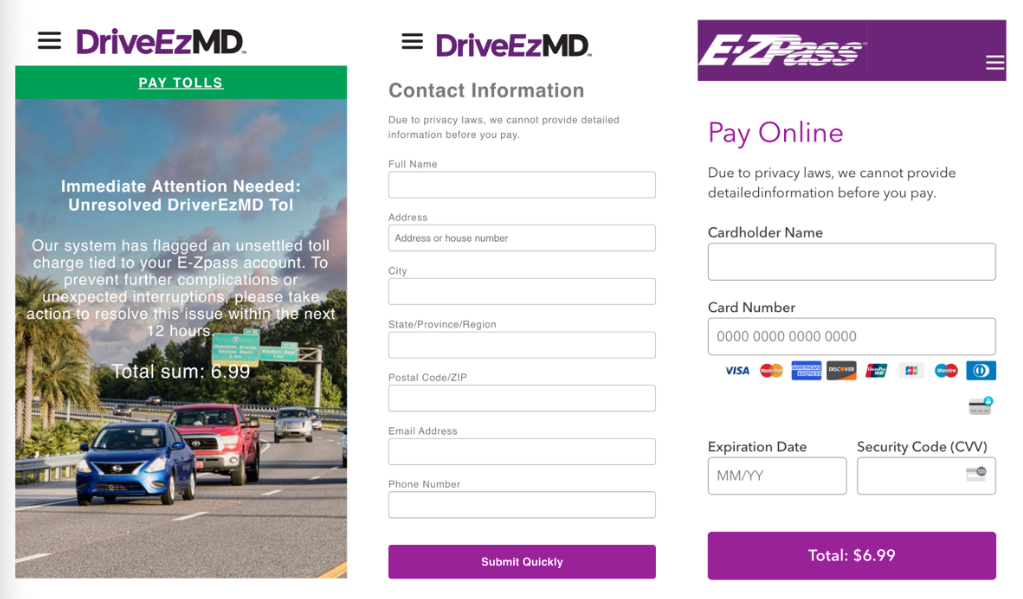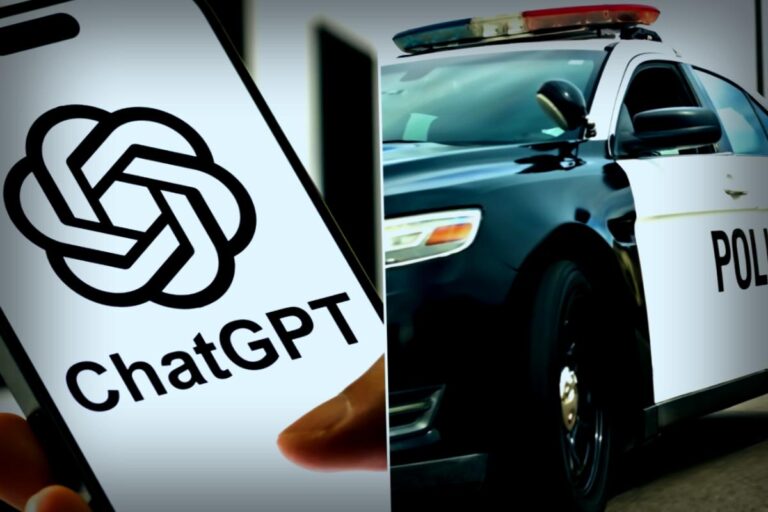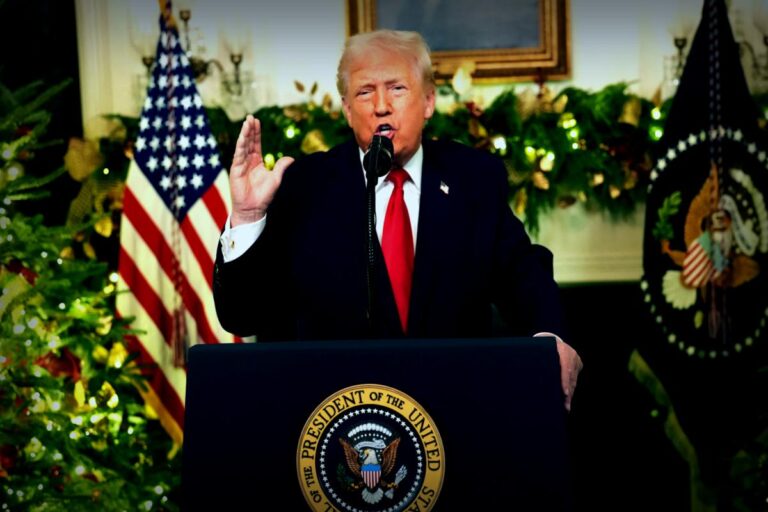Recent findings from the Department of Homeland Security reveal a staggering trend: Chinese criminal organizations have scammed Americans out of more than $1 billion over the past three years, utilizing devious tactics like fake text messages, wrongful government fees, identity theft, and advanced mobile payment systems.
So, how does this all work? These gangs operate out of various locations — think auto shops or shared offices — using what are known as “SIM farms”. With these, a single person can dispatch thousands of spam texts to random Americans, often warning them about overdue government fees or tolls.
As Adam Parks, an assistant special agent in charge at Homeland Security, puts it, “One person with a SIM farm can send out as much content as 1,000 phone lines would normally send.” Sounds unsettling, right?
These sneaky texts lead unsuspecting mobile users to bogus websites that enable scammers to capture everything — from keystrokes and passwords to sensitive financial data that victims unknowingly enter.
Once the criminals grab this information, they transfer it to Google and Apple wallets set up in Asia, connecting these wallets with mobile devices controlled by freelancers working in the U.S. These gig workers then exploit the stolen data to buy popular items like gift cards and iPhones, which are promptly sent back to China.
Authorities across various states, including Florida, Massachusetts, Texas, Colorado, California, Minnesota, and Washington, D.C., are raising alarms about versions of this fraud, commonly referred to as “smishing” — a mix of SMS and phishing.
Residents are advised to disregard such messages and to report any incidents to the FTC, as stated by the District of Columbia Attorney General, Brian Schwalb, in May.
“We have no clue who’s behind this,” commented Jennifer Givner, a spokesperson for the New York State Thruway Authority, during a smishing scam wave that claimed victims were lacking funds for E-ZPass. “All we know is that it keeps threatening people and evolves every few days,” she added.

In the past year alone, around 60,000 people reported text toll scam incidents to the FBI.
Research shared with the WSJ indicates that some days, they’ve spotted about 330,000 scam messages related to toll fees, a shocking three times the trends recorded back in January of 2024.
This impressive operation has actually birthed an underground market where pre-packaged kits are sold on Telegram, easing the execution of such crimes.
Cell phone users should be vigilant: don’t reply to texts you don’t recognize or enter any details on unofficial government sites.
The Independent continues to deliver news and insights from across the globe, powered by a vision for change for free-thinking readers who trust our commitment to objective journalism.





















